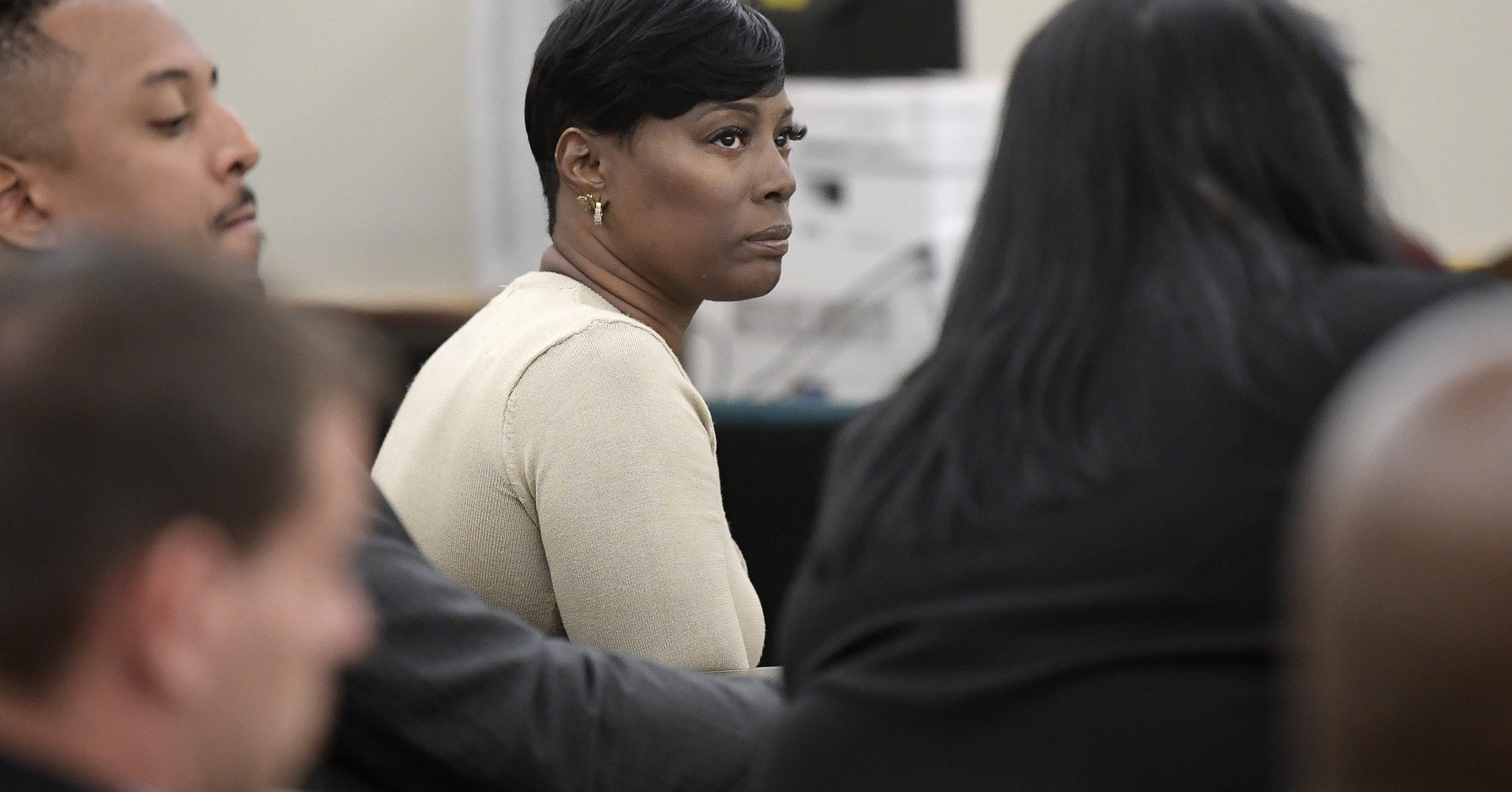[ad_1]

A Texas woman who was sentenced to five years in prison for voting in the 2016 election while she was on supervised release won’t get a new trial, a judge ruled Monday.
Crystal Mason voted in Tarrant County with a provisional ballot in the 2016 presidential election at the insistence of her mother. At the time, she was on supervised release after serving jail time related to a felony tax fraud charge. Texas prohibits felons from voting, even while they are on probation, but Mason’s lawyer told HuffPost no one had ever told Mason she was ineligible.
State District Judge Ruben Gonzalez sentenced Mason to five years in prison in March, even though Mason insisted she didn’t knowingly vote illegally and asked prosecutors why she would want to jeopardize her freedom. Gonzalez noted during Mason’s trial that she had signed an affidavit at the top of her provisional ballot affirming that she eligible to vote.
Since her sentencing, she has been out on a $20,000 bond; she also requested a new trial, saying the court had not fully explored evidence that showed Mason didn’t know she was ineligible. Gonzalez denied that motion on Monday.
Mason’s sentence has attracted national attention because of its severity and because charges of institutional racism have surfaced. Mason, who is black, has a case that stands in stark contrast to a white justice of the peace in the same county. He pleaded guilty to turning in forged signatures to get on the ballot but was sentenced to five years of probation. An online petition gathered over 38,000 signatures requesting that the charges against Mason be dropped.
Alison Grinter, Mason’s attorney, said in an interview that she would appeal Gonzalez’s decision. Grinter said she would argue on appeal that the Texas statute prohibiting people like Mason from voting was overly broad and unconstitutional. The statute says that someone convicted of a felony can only vote once they complete their sentence, including “any term of incarceration, parole, or supervision, or completed a period of probation.”
Grinter says it’s unclear what the term supervision means. When Mason voted in 2016, Grinter said the only way in which Mason was supervised was by being required to periodically log in to a website, update her contact information and affirm she had not been arrested.
“That last term, supervision, is really broad and is not defined. We’re not really sure who falls into that and who doesn’t. We feel like that is a real problem, not only for a criminal statute but also as citizens,” she said. “Who can vote and who can’t? We don’t know.”
Grinter also said she would argue that the Texas statute blocking Mason from voting is inconsistent with a federal law that allows people to cast a provisional ballot if they believe they are eligible to vote. The state can later block that ballot from being counted if they determine the person was, in fact, ineligible to vote. The American Civil Liberties Union and the Texas Civil Rights Project presented this argument in a brief they filed on behalf of Mason, but Gonzalez declined to consider it. He said they were not filed in time to consider in the request for a new trial and weren’t raised at her initial trial.
“There are going to be Crystal Masons in the world. There are gonna be people who cast a provisional ballot because they’re not sure or they mistakenly believe that they are qualified,” she said. “If you round up every single Crystal Mason that there is, you might be able to patchwork together a fraud on the populace which is that in person voter fraud is a real thing. Once you do that you give a lot of fertile ground to lawmakers who want to pass voter intimidation laws.”
[ad_2]
Source link

